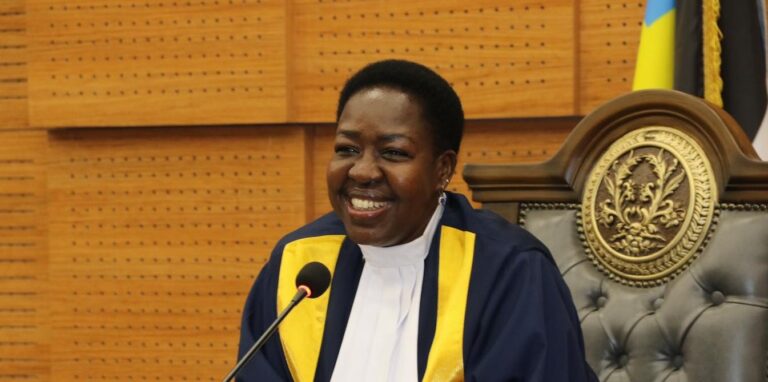South Sudan’s parliament resolved Tuesday to summon top land and housing officials to address a severe cemetery shortage in the capital, Juba, where the lack of a national burial policy has led to the illegal conversion of graveyards into residential areas.
The move by the Transitional National Legislative Assembly followed a motion by lawmaker Nyayang Johnson Lok Riek, who highlighted a growing crisis forcing many families to transport deceased relatives to rural villages for burial.
Nyayang, chairperson of the Committee on Gender, stated that Juba is facing a “severe cemetery management crisis.” She told parliament that only one public cemetery is currently functioning in the city, located at Checkpoint along the New Yei Road.
“Several older burial grounds, such as those in Gumbo, Juba Na Bari, New Site, Hai Malakal, and Konyo-Konyo, have fallen out of use and have been illegally transformed into housing or informal settlements,” Nyayang said.
She attributed the crisis to rapid urban growth, a lack of legal protection for burial sites, and the absence of a national policy to regulate cemeteries or designate land for burials. The situation, she said, prevents people from burying the dead at home without providing a legal alternative.
“Historically, cemetery management in South Sudan has been informal and poorly regulated,” Nyayang stated. “The absence of a structured policy has allowed for the illegal entitlement of burial grounds and the absence of planning for new burial sites, leading to the current crisis.”
She emphasized that public health and the dignity of the deceased are primary concerns that must be addressed through effective management.
The parliament resolved to summon the national minister of Land, Housing and Urban Development, the governor of Central Equatoria state, and the state’s minister of Land, Housing and Public Utilities. The officials are expected to explain why cemeteries have been converted and what plans exist to address the shortage.
Lawmaker Bol Joseph Agau of the National Democratic Movement supported the motion, stressing the urgent need for a law to regulate burials, particularly in urban areas.
“We have been burying our dead people according to our customs, according to our cultural values. We don’t have a secular law that regulates how bodies should be buried,” Agau said. “There must be land allocated for burials, because every urban area is occupied and inhabitants always don’t bury people in the houses, like what happens in most of our villages.”
Parliament Speaker Jemma Nunu Kumba described the issue as a national problem requiring a policy that extends beyond Juba to all states.
“There is a need of a national policy on the establishment of cemeteries and the burial of the dead,” Kumba said. “This is very important because when there is a policy, it can guide the institutions.”
Kumba said the parliament would formally write to the ministers and the governor, summoning them in the coming days to explain if any plans are already in place. The Central Equatoria officials will be expected to clarify if any land has been designated for a cemetery to serve the capital.




